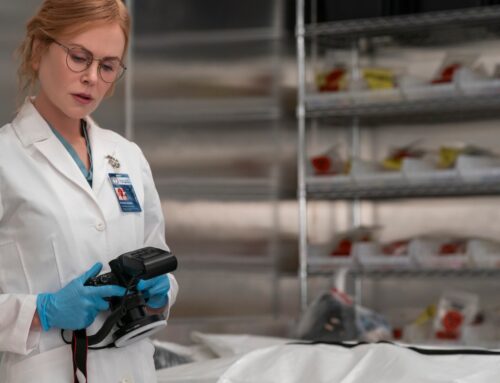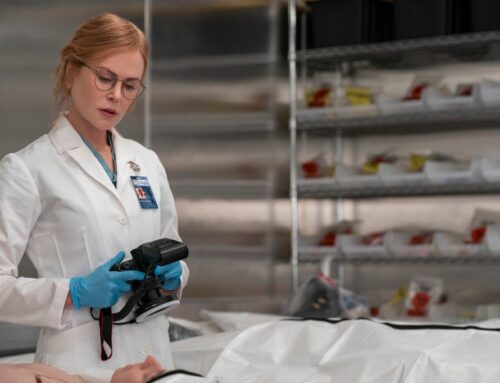ADEM-funded Groundwater Festivals help teach kids environmental stewardship
November 25, 2025
The Alabama Department of Environmental Management, ADEM, on Monday shared, “As their classmates looked on, two Reeltown Elementary School students—each with a water toy in his hand and finger on the trigger—stood on the opposite side of the watershed enviroscape.
“The colorful, table-top model depicted a community that included farmland, a housing subdivision, an office building with a parking lot, roads, bridges, a creek and a lake. And, oh yeah, an excavator and bulldozer clearing land at construction sites uphill of the creek, the homes and the placid-looking lake.
“On the signal of the volunteer instructor from ADEM, the boys soak the model with water, representing a heavy rainstorm. Water flows downhill, carrying red soil from the development site into the creek, along streets and into the lake,” ADEM’s release continued.
For Heather Griffin, chief of the nonpoint source unit at ADEM, it was an ideal teaching moment.
“It shows what happens when there are not best management practices (BMPs) in place to prevent nonpoint source pollution runoff from a multitude of sources,” Griffin said. “We then repeat the exercise with BMPs in place to show how preventative measures, such as vegetative buffers, exclusion fencing and spill prevention, can protect adjoining land and downstream waterways and lakes from runoff that can harm communities and the environment.”
The demonstration was one of several led by volunteers at the Tallapoosa County Groundwater Festival held April 29 at Wind Creek State Park to teach students environmental awareness and the importance of protecting valuable water resources. ADEM, in conjunction with local Soil and Water Conservation Districts, Alabama Resource Conservation and Development Councils, and the Alabama Cooperative Extension System, provides funding each year for Groundwater Festivals in communities across the state. The state environmental agency gives $2,500 grants to groups to help cover expenses.
“We have been doing these festivals in Alabama since 1998 and they have been a very successful outreach to young people,” said ADEM Director Edward Poolos. “They enable us and our partnering organizations to interact directly with schoolchildren and show them the relationship all of us have with water. ADEM’s goal is to educate children and the community on where their drinking water comes from, how to protect its source and how to keep those water sources clean and available for future generations.”
This past year, ADEM said it provided financial support for Groundwater Festivals in 16 communities, stretching from Mobile to Huntsville and Fayette to Eufaula.
The festivals are held on a countywide basis, with the local organizations inviting all elementary schools in the county to attend. The events—held at locations such as conservation district headquarters, extension service offices, schools, parks, community colleges and even universities—usually draw anywhere from 100 to 1,600 students. They can run from one to three days.
In Coffee County, fourth-graders from the county’s elementary schools took part over a three-day period.
In addition to the enviroscape, volunteers also distribute water cycle bracelets with colored beads representing the different phases of the water cycle and one bead representing wildlife that live in the environment. Other demonstrations include edible aquifers (natural underground water reservoirs) made with gummy bears, ice cream, clear sodas and other foods.
“We teach filtration to demonstrate how pollutants and trash can contaminate drinking water,” Griffin said. “Students get cups with water, oil, vinegar, dirt and bits of trash. We then use cheesecloth, coffee filters or another material to strain the substances. The cheesecloth filters out the trash and dirt, but not the liquid substances. Students see how hard it is to stop all forms of pollution from entering our waterways.”
Poolos said the program specifically targets fourth-graders.
“In this age group, students are old enough to understand groundwater concepts but still young enough to form their own value systems anchored in good stewardship,” he said. “Educating the next generation about the importance of groundwater can go a long way in ensuring that this resource is well managed and protected so we will have clean and abundant drinking water for future generations.”
ADEM accepts applications for Groundwater Festival funding throughout the year. For more information, go online to adem.alabama.gov/water/groundwater-festivals, or email the department at [email protected].
Search
RECENT PRESS RELEASES
Related Post




